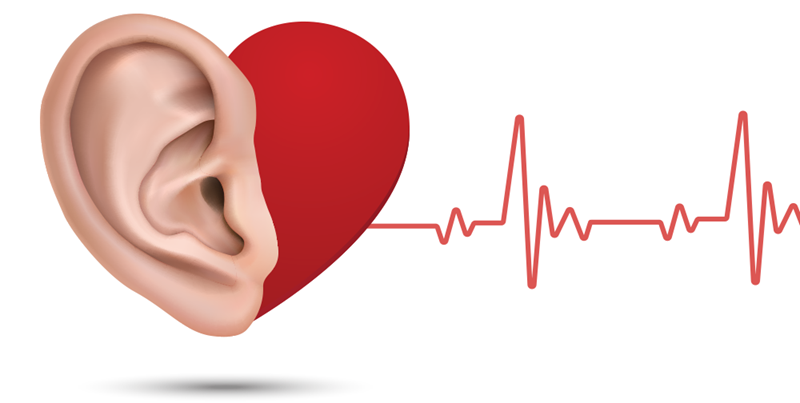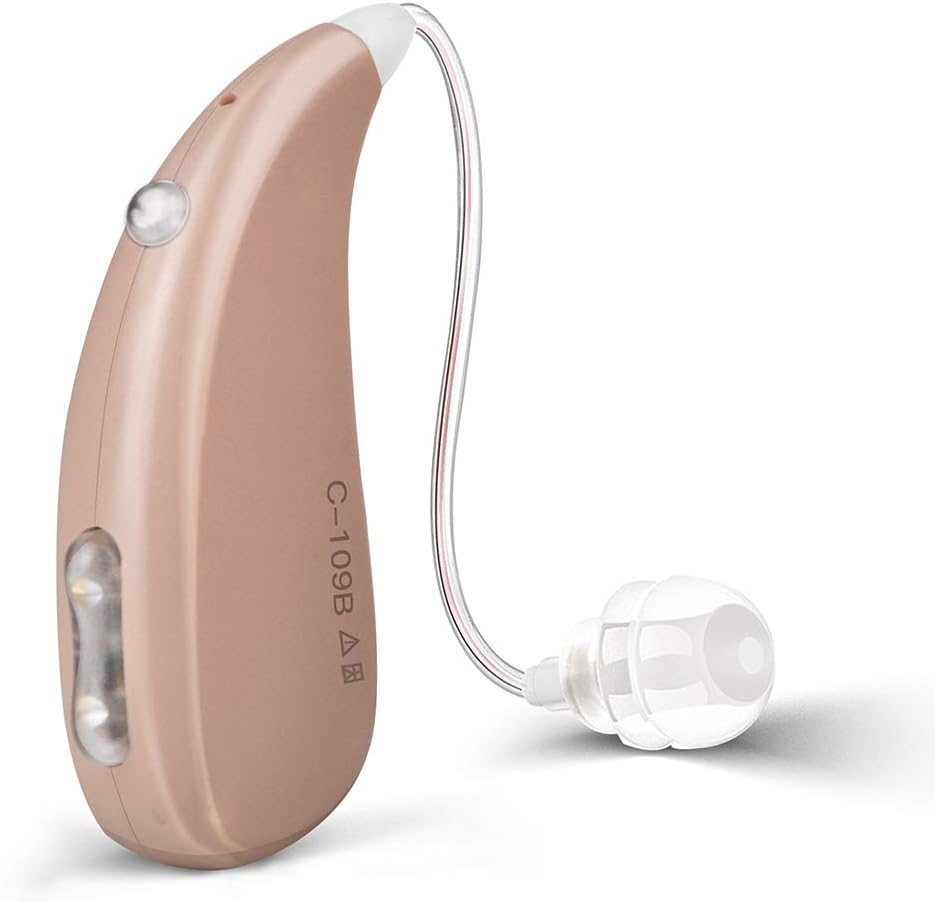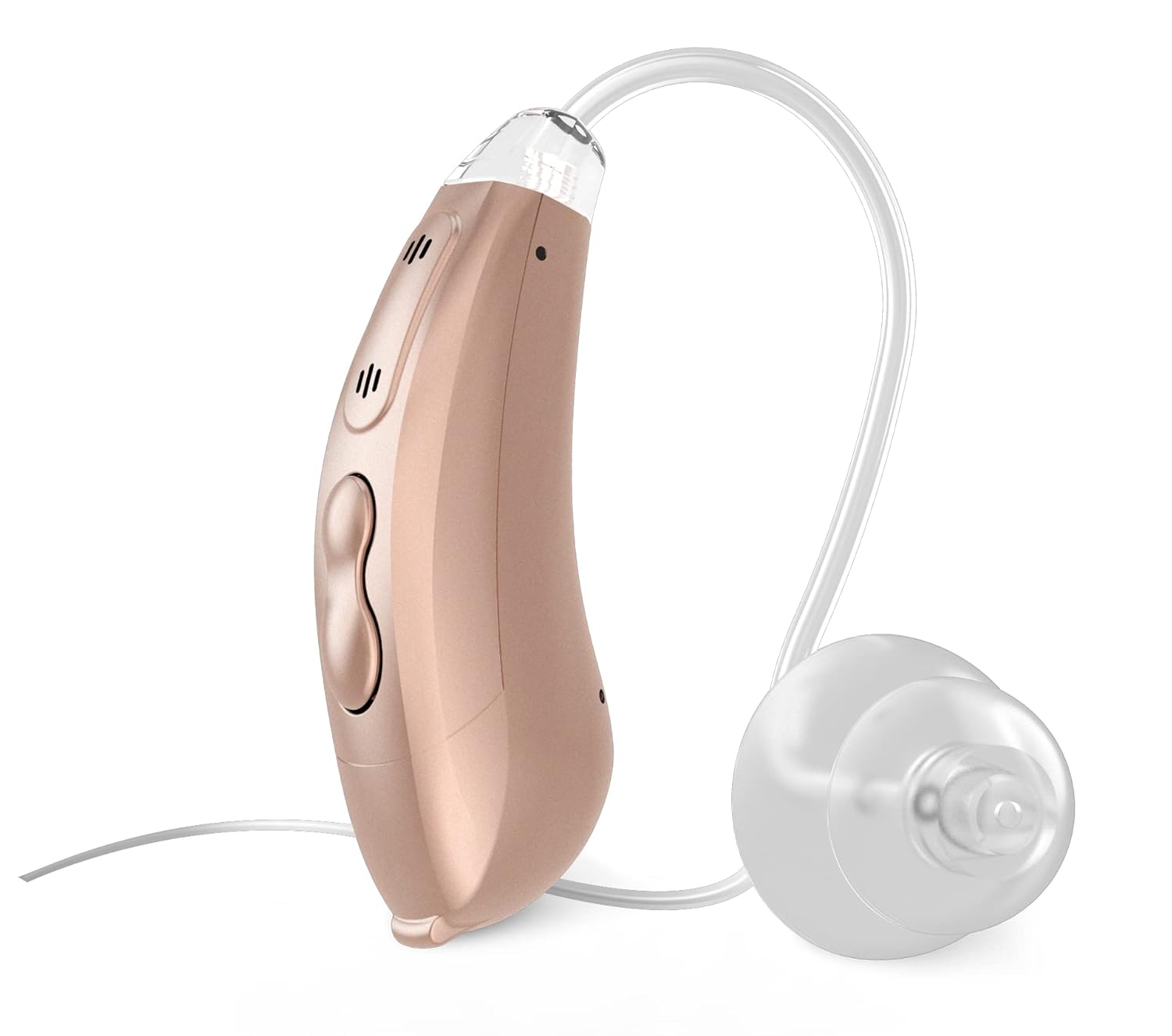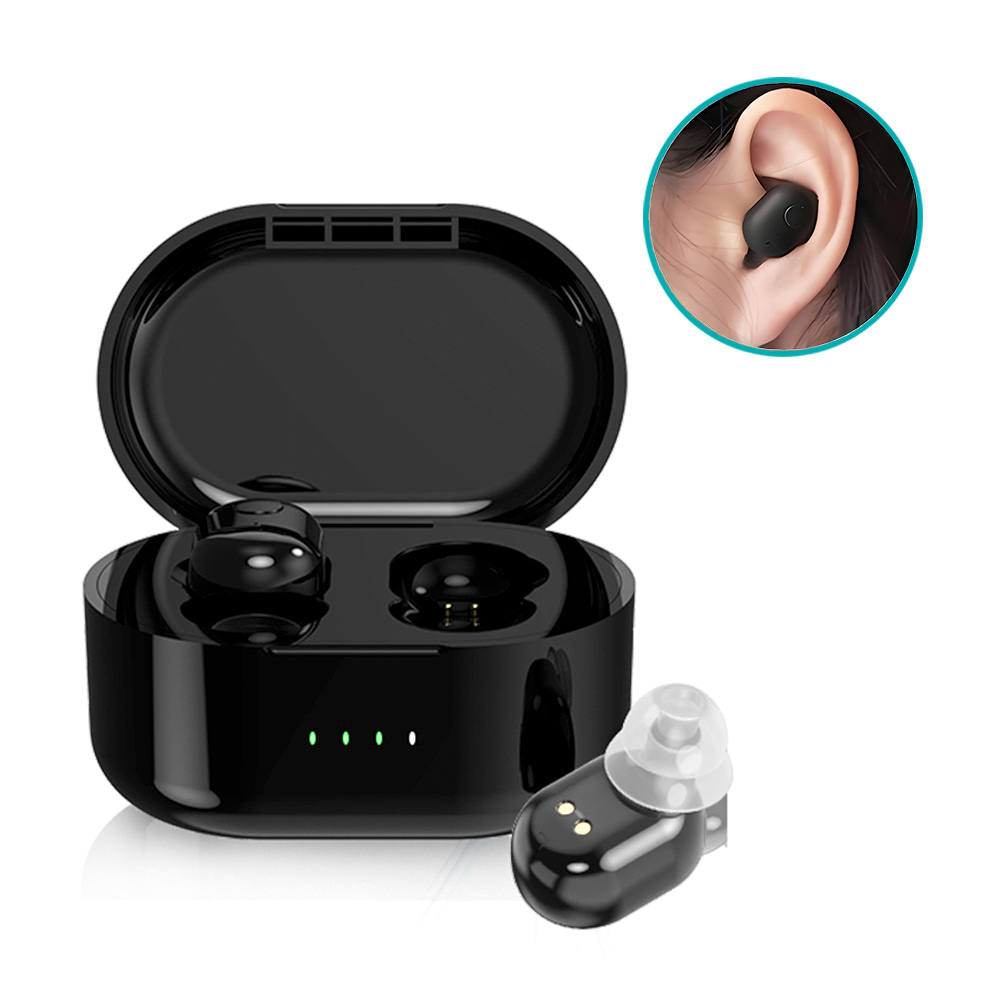September 29 is a global day of awareness for heart health. Although every day is hearing health day at the Hearing Industries Association, heart health is not too far from our ears. In 2012, Dr. Charles E. Bishop proposed that “the ear is a window to the heart”.1 More research followed to make the connection between heart health and hearing health, showing that circulation impacts how well we are able to hear and that hearing loss may be a warning sign of underlying cardiovascular problems.2
 HEARS how…
HEARS how…
Our hearing is made up of many complex parts that are sensitive to changes in blood flow. The organ in our inner ear, called the cochlea, has tiny hair cells that capture vibrations from noise, transfer the vibrations into electrical signals, and send those signals to our brains for processing the sounds. Poor circulation does not allow sufficient oxygen to our inner-ear, and starving the tiny hair cells and nerves of oxygen can permanently damage them, leaving us with hearing loss. A healthy heart provides essential blood and oxygen for our hearing mechanisms.
Listen to the warning signs…
Heart disease is the leading cause of death in both men and women in the United States.3 Types of heart disease include:
- Coronary Heart Disease: when plaque builds up within the walls of the arteries and limits blood flow to the heart.
- Arrythmia: changes in the heart’s normal electrical impulses, causing the heart to beat too fast, too slow, or irregularly.
- Heart Valve Disease: when one of the four valves to the heart does not work correctly.
- Heart Failure: when the heart is generally unable to function, and the pumping capacity is unable to meet the needs of the body.
There are a variety of symptoms that warn us of the onset of heart problems, such as chest pain or discomfort, shortness of breath, racing or slow heartbeat, fatigue, and dizziness or fainting.
However, the ears may be the first indicator that a heart problem is occurring. Dr. David R. Friedland, Professor and Vice Chair of Otolaryngology and Communication Sciences at Medical College of Wisconsin, stated, “The inner ear is so sensitive to blood flow that it is possible that abnormalities in the cardiovascular system could be noted here earlier than in other less sensitive parts of the body.”
Taking care of your heart, your ears, and your future
There are many risk and lifestyle factors that make some individuals more susceptible to cardiovascular disease than others. These include:
- Age: those over 65 are most at risk.
- Sex: men are more at risk and, on average, have heart attacks earlier in life than women.
- Heredity: family history of cardiovascular disease makes one more susceptible.
- Smoking: smoking is a powerful risk factor for heart problems and sudden cardiac death.
- High cholesterol and/or high blood pressure: those who live with high cholesterol and/or high blood pressure are at higher risk for future heart problems.
- Weight: overweight and obese individuals have a high risk of developing heart problems even without having the other risk factors.
- Inactivity: a sedentary lifestyle increases the risk of several physical ailments. Regular or vigorous activity reduces one’s risk of cardiovascular disease and can help control cholesterol, stress, and help manage weight.
If you have one or more of the risk factors mentioned above, you should be especially vigilant about your heart AND hearing health. If you notice your hearing ability decreasing, are over the age of 60, or have sudden loss of hearing in one or both ears, seeing a hearing care professional is an important step for your preventative health.
The above is the interpretation of Love Connection: The link between your heart and your ears provided by Chinese hearing aid supplier Shenrui Medical. Link https://www.sengdong.com/Blog/1558.html of this article is welcome to share and forward. For more hearing aid related information, please visit Blog or take a look at our Hearing aids products







